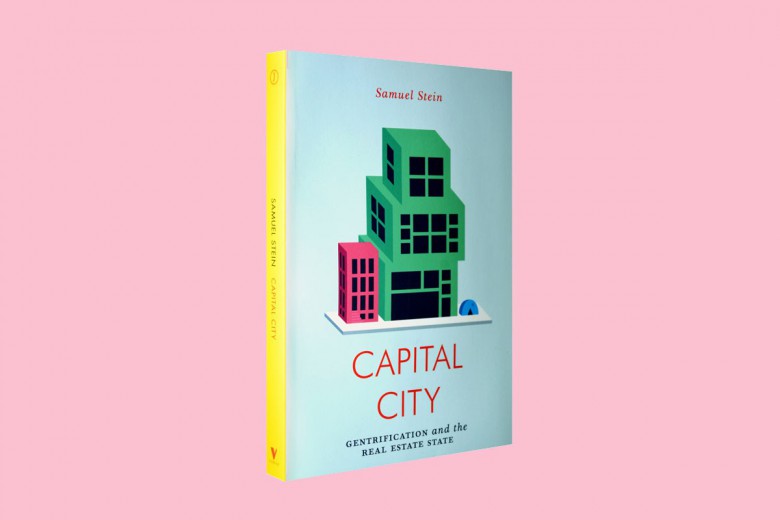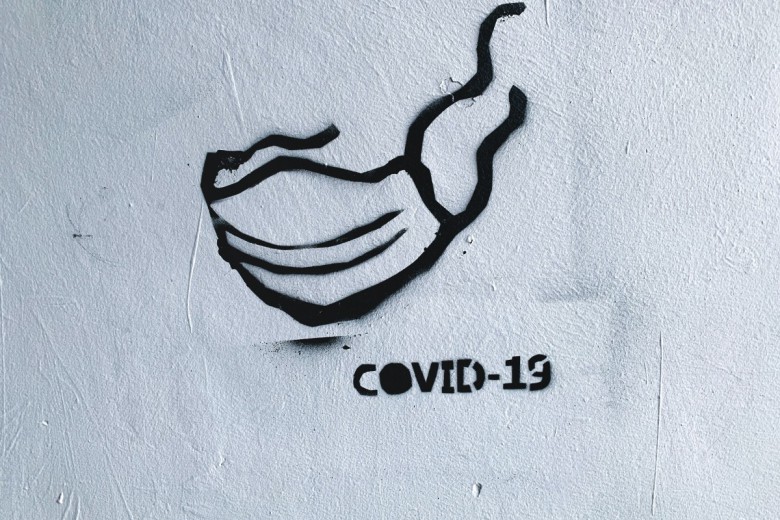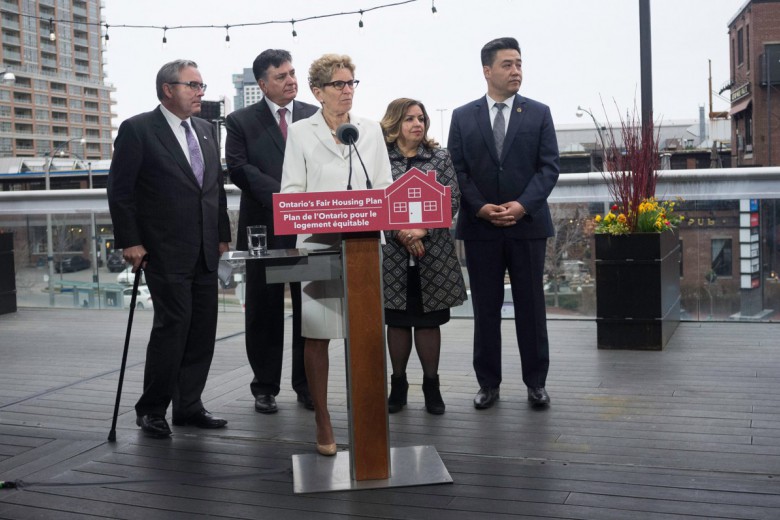
The latest estimate of the cost of the Olympics to be borne by the public is $6.1 billion. This figure includes the expansion of the Sea-to-Sky Highway, the construction of the Richmond-Airport-Vancouver rail link, the expansion of the Vancouver Convention Centre, the construction of an athletes’ village and various venues, and a ballooning security budget. The two-week sporting event is set to be the most expensive entertainment spectacle in B.C.‘s history.
As the tab continues to grow, costs that were at first unquestioned are coming under increased scrutiny by journalists, critics and boosters of the Games alike. To give an idea how the money may have been better spent, Isaac Oommen and Dawn Paley looked into what $6.1 billion would buy in five key areas of public policy.
1. Education
Since 2001, the B.C. Liberals have made substantial cuts to education. Class sizes have grown, rural schools have shut down, children and teens get less support, and hot lunch programs and after-school activities have been scrapped. University students have seen their tuition spike while debt forgiveness initiatives have been cancelled.
“Educators don’t have enough money to do proper assessments, class sizes are huge, school sports programs have been cut” said Marla Renn, a high school teacher active with the Olympic Resistance Network. “If there’s ever an earthquake, many schools don’t have properly engineered structures to ensure they won’t fall down on top of everyone inside.”
For the cost of the Vancouver-Richmond-Airport rail link ($2.05 billion), the province could:
- Carry out complete seismic upgrades to all B.C. schools. To date, $400 million of the total $1.5 billion investment necessary to carry out seismic upgrades has been allocated. ($1.1 billion)
- Operate a community college the size of Vancouver Community College, offering 140 programs and serving 25,000 students, for one year. ($100 million)
- Fund the annual operating budget for B.C. School Sports, an organization that coordinates extracurricular sporting activities for B.C. students. The government cancelled an annual $130,000 in funding to the group last fall. ($390,000)
- Build five new, 1,000-student secondary schools in B.C. ($250 million)
- Provide every student enrolled in B.C. public schools with a hot lunch every day for one school year. ($421.6 million)
2. Family services
“We need more family programs” and less foster care, said Samantha Sam, an active member of the Power of Women group in Vancouver’s Downtown Eastside. There would be fewer children leaving reserves for Vancouver, says Sam, if there were better recreation facilities and programs on reserves.
A Canadian Centre for Policy Alternatives (CCPA) study released in September 2009 found that one in four single mothers in Canada live in poverty, as do 14 per cent of single elder women and almost one out of every 10 children. The statistics are much worse for Indigenous women and families. A full 25 per cent of Indigenous children in Canada are growing up below the poverty line and a staggering 30 per cent are in foster care, according to the Native Women’s Association of Canada.
For a bit more than the cost of the expansion of the Vancouver Convention Centre ($883 million) and the construction of the Athletes’ Village ($1.2 billion), the Canadian government could:
- Provide for one year the minimum amount of additional funding First Nations communities across Canada need to safely care for their children in their homes and communities, according to CCPA calculations. ($130 million)
- Introduce a universal child care system across Canada. According to the CCPA’s Alternative Federal Budget, funding towards child care provides at least a two-to-one economic return on investment. ($2.2 billion)
3. Housing
“When they give homes to people, that’s when I’ll be happy” said Beatrice Starr, a member of the Power of Women group. “Not shelters but homes, where they can have their privacy and live like real human beings.” The 2008 Metro Vancouver homeless count tallied 2,660 individuals sleeping on the street, representing an increase of over 137 per cent since 2002. “If we spent one billion dollars on housing in Vancouver, we could end street homelessness and make significant upgrades to many of the city’s aging and decrepit single-room-occupancy hotels” said Laura Track, Pivot Legal’s housing campaign lawyer.
For a little more than the cost of the Sea-to-Sky Highway expansion ($600 million), the city or province could:
- Build 3,200 units of housing in Vancouver, according to the Inner Cities Inclusiveness report prepared in 2002. ($647 million)
4. Community welfare and the arts
Raising welfare rates from their unjustifiably low levels is a requirement for creating a more equitable society. In addition, programs that improve the lives of all members of our communities have faced serious funding cuts. Arts programs in B.C. are slated to lose 88 per cent of their funding over the next two years. Libraries are facing further cuts and some city parks are on the verge of being shut down.
For less than the cost of building the various Olympic venues ($580 million), the province could:
- Raise welfare rates by 50 per cent in B.C. (2007 data) for one year ($500 million). Eliminating barriers to accessing welfare would cost an additional $200 million.
- Restore core funding for B.C. artists ($17.3 million).
- Restore city funding to the Vancouver Public Library and keep the Riley Park Branch of the Vancouver Public Library open ($1.4 million). The Riley Park Branch is marked for closure due to budgeting constraints.
- Restore funding for Literacy BC’s online programs and coordinators ($1.7 million). “In 2005, the province of B.C announced the golden goal of becoming the most literate jurisdiction on the continent” said Judy Cavanagh, Executive Director of Literacy BC, in a press release. “Just four years later, key literacy funding is being cut.”
5. Transportation
Thousands of transit riders in Vancouver can attest to the system’s underfunding. Pass-ups are common because buses are too full to pick up passengers, many areas lack night service, and travel from the suburbs can be difficult. “Metro Vancouver is 500 buses short of what we need today” said Ian Bruce of the David Suzuki Foundation. “Buses are the workhorses of the public transit system, where 80 per cent of the riders take one bus during their commute.”
For the minimum cost of the security budget ($900 million), Metro Vancouver’s regional transportation authority could:
- Acquire, operate and maintain 698 new buses, trolleys and community shuttles ($880 million). Such a purchase would bring the city in line with regional plans and greatly improve the quality of bus service in B.C.
The social issues that exist in Canada won’t be solved with money alone, but the examples above give an idea of just what could be bought for the cost of the 2010 Olympics. And as all levels of government continue to scale back social programs while generously funding wars and a two-week circus, anti-capitalist and anti-colonial resistance to the Games continues to grow.





_780_520_90_s_c1.jpg)
